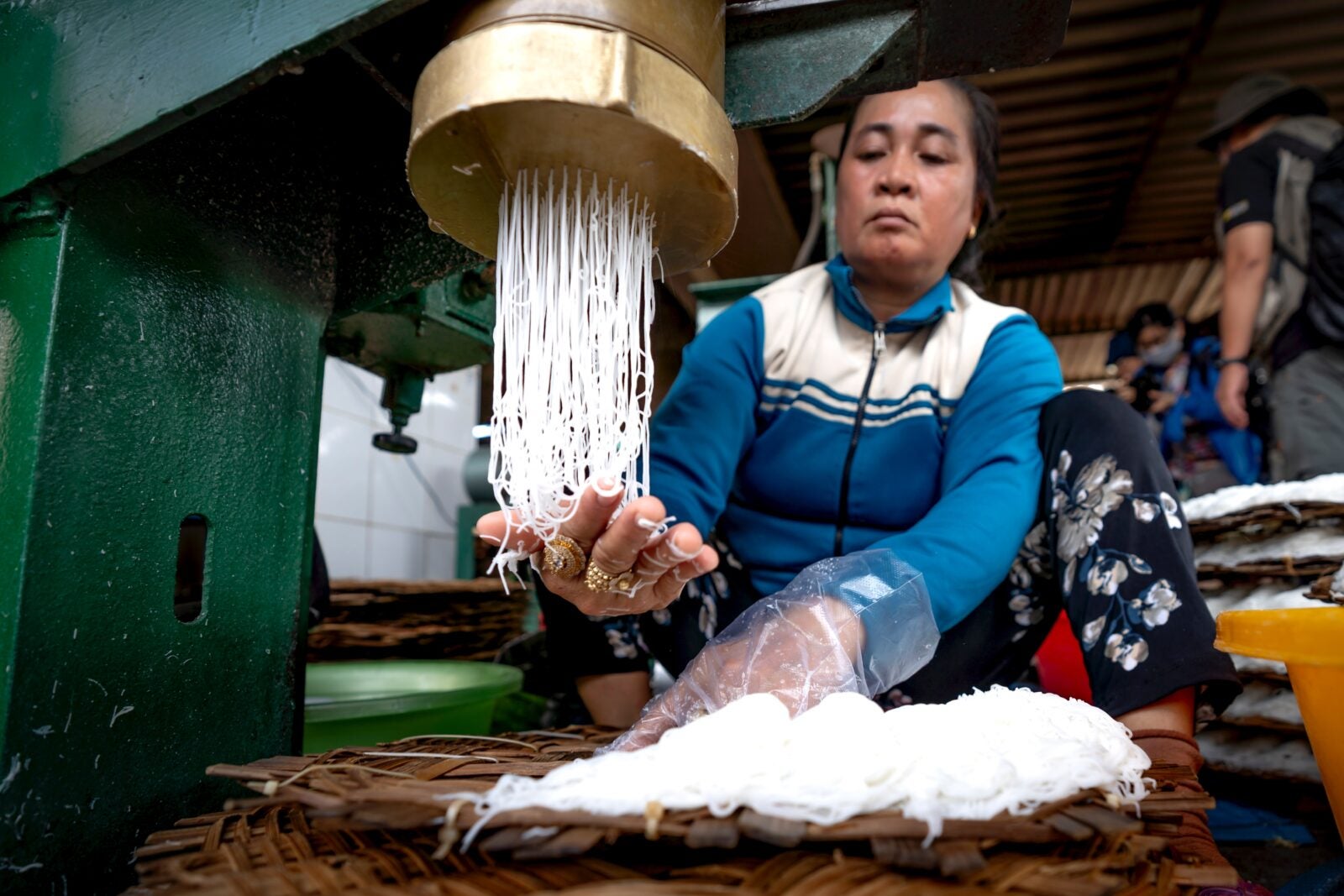Disclaimer: In Real Life is a platform for everyday people to share their experiences and voices. All articles are personal stories and do not necessarily echo In Real Life’s sentiments.
We have multiple big sales a year, and 2022’s first one is right around the corner. Sales used to be a time when families looked at what needed replacing in the house, but now it can mean buying everything from video games to workout weights.
But did you know that this is a form of manipulation that corporations use to lure us into giving them our money?

Here’s how it happens
We fall prey to consumerism all the time. I mean, things are so cheap sometimes right? Don’t you feel like it’s such a bargain to get a little skincare organiser now that it only costs RM24? Maybe you don’t need that extra step in your skincare routine, or that new Pokémon game (you don’t even like Pokémon!), but that slash over the price tag can be so tempting.
You see, despite our best efforts, there are these three sad facts about consumerism:
1. Things are cheap
I bought a little portable fan for RM15 online. It worked very well – while it lasted. I got about 2 months of use out of it before it refused to start. It was meant to be rechargeable but it also wouldn’t charge.
I had to get rid of it. The obvious solution would have been to get another cheap one so I don’t spend too much money on something so frivolous.

2. Things are made to be disposable
Gone are the days of wooden furniture your grandparents had in their home which lasted for generations. Everything is industrialised nowadays. Why pay big bucks for artisan made things when you can’t afford them? Isn’t it much easier to swing by IKEA and get some furniture that you can put together easily?
In the short term, yes, IKEA is a great answer to your problems. But in 3 – 5 years, when your SWÏNDËRHØLM (not a real name) table is on its last legs… You’ll still have to buy IKEA quality goods that you’ll still need to replace!
There’s also the environmental factor here, especially considering how developed countries send their trash to developing nations.
3. Consumerism is something that controls us – we do not control it
Like any good addiction, we become slaves to consumerism. It’s a cycle that is impossible to break out of if you don’t have the money. There’s a huge difference in quality that you can find between a product that costs RM100 versus a similar item from somewhere else that costs RM4,000.
Besides that, there’s also the decreased shelf life of expensive products. Let’s take a smartphone. Back then, phones were built to last. Remember the Nokia 3310 memes? Now as we’ve moved into the phase of owning smartphones, not only have phones gotten more expensive, but they’re also a lot less durable. Planned obsolescence is when corporations deliberately phase out their older products to force customers to buy their newer products.
How this actually impacts our world:
- Human labour exploitation
Low wages lead to the exploitation of labour. Human labour exploits lead to lower wages for office workers as well. - Resource and raw material depletion
We can look at the effects of non-renewable energy on our country. Floods have become worse and we can only expect our droughts to be worse as well. - Tons of waste
Microplastics have been found everywhere, from the snow in mountains to the ocean deep and even in human organs. Don’t forget that developed countries also send their waste elsewhere, like here, out of sight.

Garbage on perhentian beach by colocho @ wikimedia commons
And corporations are happy to continue with this.
For one, it’s incredibly profitable. We can see how consumerism surged during the pandemic. The e-commerce market tripled in size from 2015 to 2019, exceeding $3bil in size. And it’s expected to grow even more! Projections expect it to reach $11bil by 2025.
Buying things does make us happy – but always at a cost. This cost comes at the expense of labour exploitation, a lot of the time. You want cheap smartphones? That labour comes from the people mining cobalt. What about your cereal? Then it’s the factory workers forced to work in poor conditions.

Sadly, the best way to cut costs down is always on human labour. We can see it all around us, like with income inequality. The work of people can be the biggest expense for a corporation, and the way to max your profits is to cut down on their pay.
And, as usual, costs are passed down to the consumer.
Of course, as the average consumer, it’s overwhelming: after all, what can you do about it?
Awareness is well and good, but it’s best to buy things that you need and to invest in things that last beyond a single use. For example, menstrual cups are a great alternative to pads and feel even more comfortable! Investing in expensive furniture is beyond most of us, but there are definitely better options for smaller things.
Get involved with labour rights! Although people do say that costs will go up as incomes go up, raising the minimum wage not only helps with the recovery of the economy but also reduces how much tax goes into subsidising low wage work.
For more stories like this, read: “Aiya, nevermind lah” – Here’s Why New Year’s Resolutions Are Bullsh*t, Is Your Favourite Local Small Business Taking Advantage Of Their Workers?, and I Was A Teenage Drug Dealer In Klang, And Here’s My Story.
More from Real Skills
How I Saved Almost RM50,000 On Buying My First Car
Here's how this Malaysian man with a RM3,500 salary saved RM50,000 on his first car.
Angry M’sian Boss Demands Unpaid Overtime Over Raya, Causes 9 Staff To Quit
An anonymous employee at a local SME shares how a bad-tempered boss eventually caused 9 staff to quit before Hari …
I Studied In Chinese School As A Malay Boy, Here’s What I Learnt
Every time I used Mandarin outside of school, family members would come up to me at gatherings and ask me …















